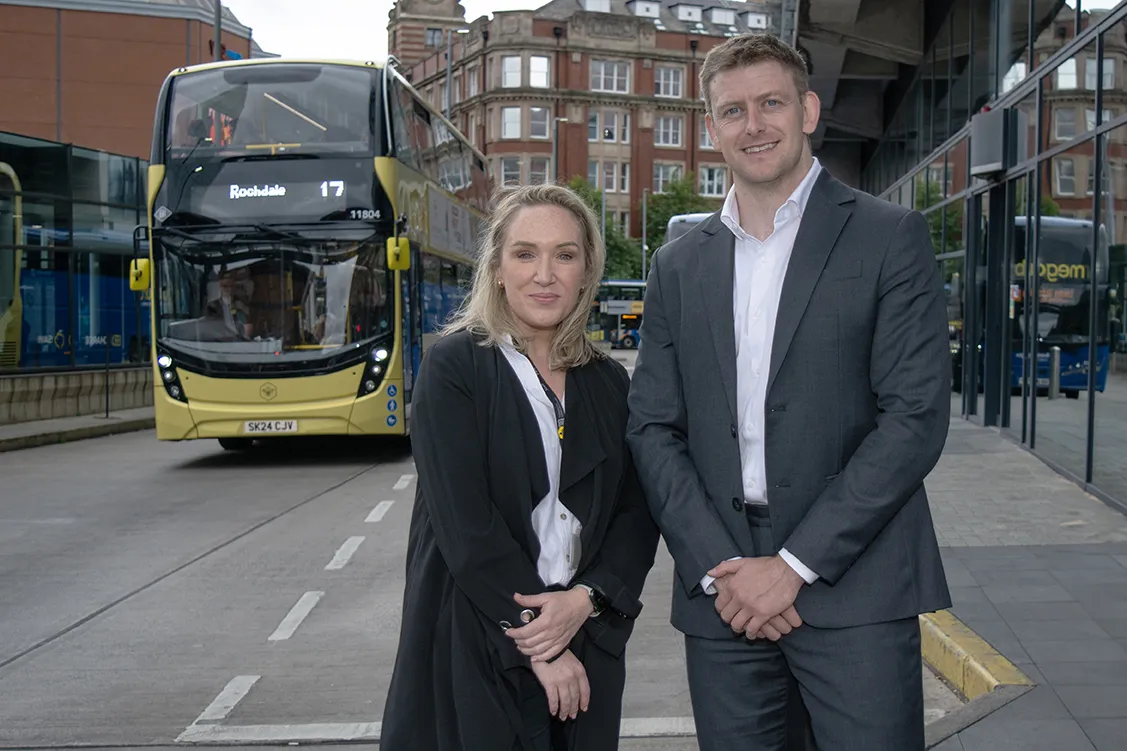Siemens ITS has secured a place on the new Traffic Management Technology (TMT2) framework agreement developed by the Crown Commercial Service to provide public sector customers with access to industry leading, innovative traffic management solutions.
The new framework will deliver local, regional and national traffic management technologies through a qualified supply chain ensuring reliability and resilience. TMT2 aims to provide value for the nation through outstanding commercial capability and quality
November 15, 2016
Read time: 1 min
The new framework will deliver local, regional and national traffic management technologies through a qualified supply chain ensuring reliability and resilience. TMT2 aims to provide value for the nation through outstanding commercial capability and quality customer service and helps reduce the cost of traditional procurement across government.
TMT2 replaces the Traffic Management Technology framework, which expired on 10 July 2016 and allows direct and standardised procurement of small components through to large complex solutions. The framework has been developed in consultation with major public sector stakeholders such as








